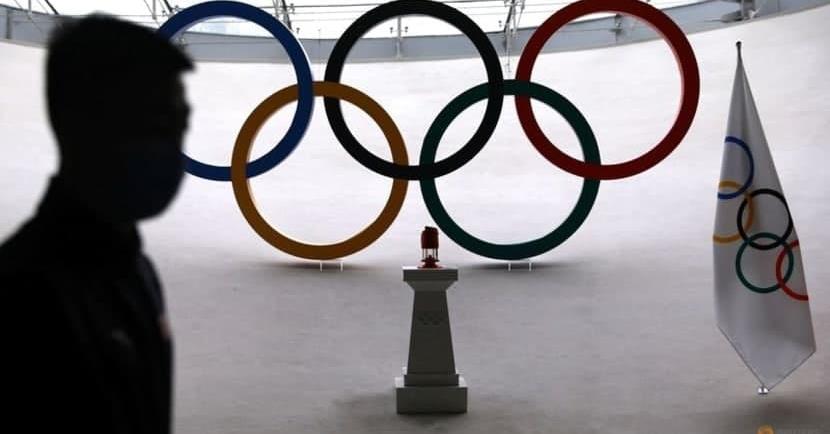BRUSSELS, Dec 14 (Reuters) - Lithuania's foreign minister said on Monday he would not attend the 2022 Olympic Games in China as France and the Netherlands sought a common position on a European Union response to highlight Chinese human rights abuses.
The bloc is torn over whether to join the US, Canada, Australia and Britain in deciding not to send their government officials to the Beijing Winter Games in February, fearful of Chinese retaliation that would hurt trade.
"I'm not going," Lithuania's Gabrielius Landsbergis told reporters, ahead of discussions among EU foreign ministers. Lithuania, which says it is facing a Chinese trade blockade for developing closer ties with Taiwan, is among the strongest proponents of a common stand.
Luxembourg's Foreign Minister Jean Asselborn said any EU position would not be reached quickly.
EU leaders are also set to debate the issue on Dec 16. Paris and The Hague put it on the agenda, diplomats said. EU diplomats say Hungary, China's closest ally in the bloc, would never support a diplomatic boycott but there could be a consensus among the remaining 26 members.
French Foreign Minister Jean-Yves Le Drian said last week Paris should take a common stand with other European Union capitals and his new German counterpart Annalena Baerbock has supported that view. However, reflecting the ambiguity of European China policy, France's education minister said on Dec 9 that France would not take part in any boycott.
Austria's Alexander Schallenberg said he was "very much in favour of a joint EU position" but appeared to move away from any diplomatic boycott. "We have a clear position on the human rights situation in China but I don't think it is useful to let the Olympic Games artificially become a political event."
The hesitation reflects the EU's bid to find a middle path between US-Chinese rivalry. The bloc is divided over China, with Hungary benefiting from its largesse. China is also the EU's second-largest trade partner and many large German businesses are loathe to see investments put at risk.


